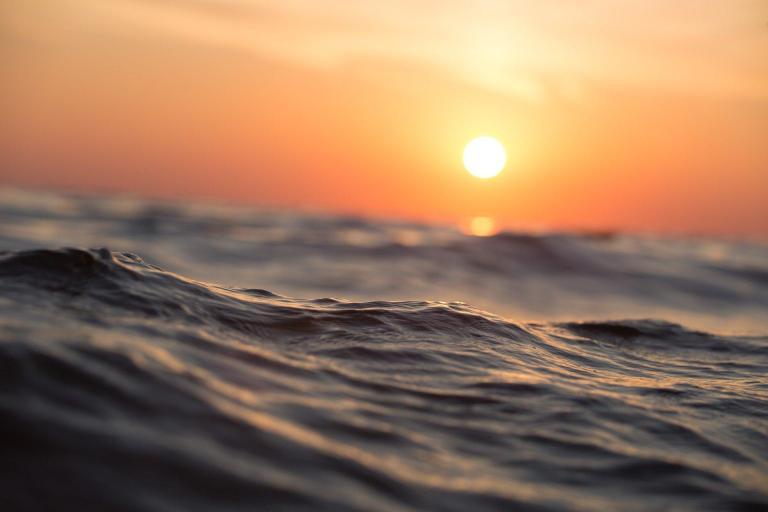CINEA/2021/OP/0009
Ocean observation plays an essential role for building the knowledge base of the Green Deal whose multi-faceted ambitions includes the protection of oceans and a sustainable blue economy. In support of the Green Deal’s goals, the European mission to restore our ocean and waters by 2030 will set the pace. For instance, the mission will foster a digital ocean and water knowledge system.
Data are collected by different authorities4 for different purposes. There is a need to achieve a common EU approach for single measuring but multi-purpose application of data.
As such, the proposed action should help establish a joint planning of observation activities and a framework for collaboration on a national and EU scale.
An analysis has shown that responsibility for ocean observation at EU Member States level, is divided between many ministries or departments, institutes and organisations. Besides, a public consultation revealed that a more transparent planning would provide efficiency gains. This would allow, those responsible within a country, to not only see the plans of others at national level but also, those from their EU counterparts, whose coasts are particularly washed by the same sea.
This would allow EU Member States to see what the others are doing, enable joint planning and sharing of assets within each EU Member State and between EU Member States and provide a basis for a more standardised and efficient process.
An Ocean Observation Initiative might require Member States to report their ocean observation activities in the future. This study will deliver findings and recommendations with regard to this initiative.
The reporting arising from the future policy framework should be in digital form using common standards so that it is possible to collate the reports from all the EU Member States. This will enable, those engaged in planning or implementing observation programmes, to understand the timing and location of proposed observations by others and identify opportunities for rationalisation through the sharing of responsibility or assets.
The specific objective of this call for tender is to develop and test a common way for EU Member States to report on ocean observation programmes. The term ocean is used here to mean “seas and oceans”, covering the seabed as well as the water column. Ocean observations are to be intended as all surveys, monitoring campaigns or sampling programmes for measuring the state and dynamics of oceans and the marine organisms that inhabit them.
The aim is to collect information on any activities expressly designed to observe the ocean. It therefore would include measurements on board ships, and in ports to determine the characteristics of fish - age, sex, size etc… However, for instance, electronic on board systems for monitoring fishing activity shall be excluded. Whilst these are undoubtedly useful for assessing human pressure on marine life, they consist in a legal obligation, and the fishing boats’ movements are not constrained by the need to make these reports. Measurements carried out by on-board instrument or observer that go beyond the legal obligation should also become part of the information collection.
The scope includes observation for measuring pressures on the ocean such as those from pollutants and litter coming from land, physical disturbance pressures, hydrological changes from infrastructure, and underwater noise from maritime activities. It includes measurements for safe navigation, coastal protection and research. It also includes observations of seabirds at sea and their breeding sites and tracking of migrations, for instance of reptiles and cetaceans.
It includes both measurements from instruments mounted on fixed or moving platforms as well as samples taken from the sea and analysed in laboratories. It includes all observations made, commissioned or obliged by public institutions in EU Member States wherever they are made, both within their own waters and waters from outside. The scope is therefore global.
The only exception is observations from earth-orbiting satellites or for the purposes of national defence. These are excluded.
Link with CMA Goals
Goal I: Healthy marine and coastal ecosystems / Priority 1: Ensure the protection and sustainability of the marine ecosystem

